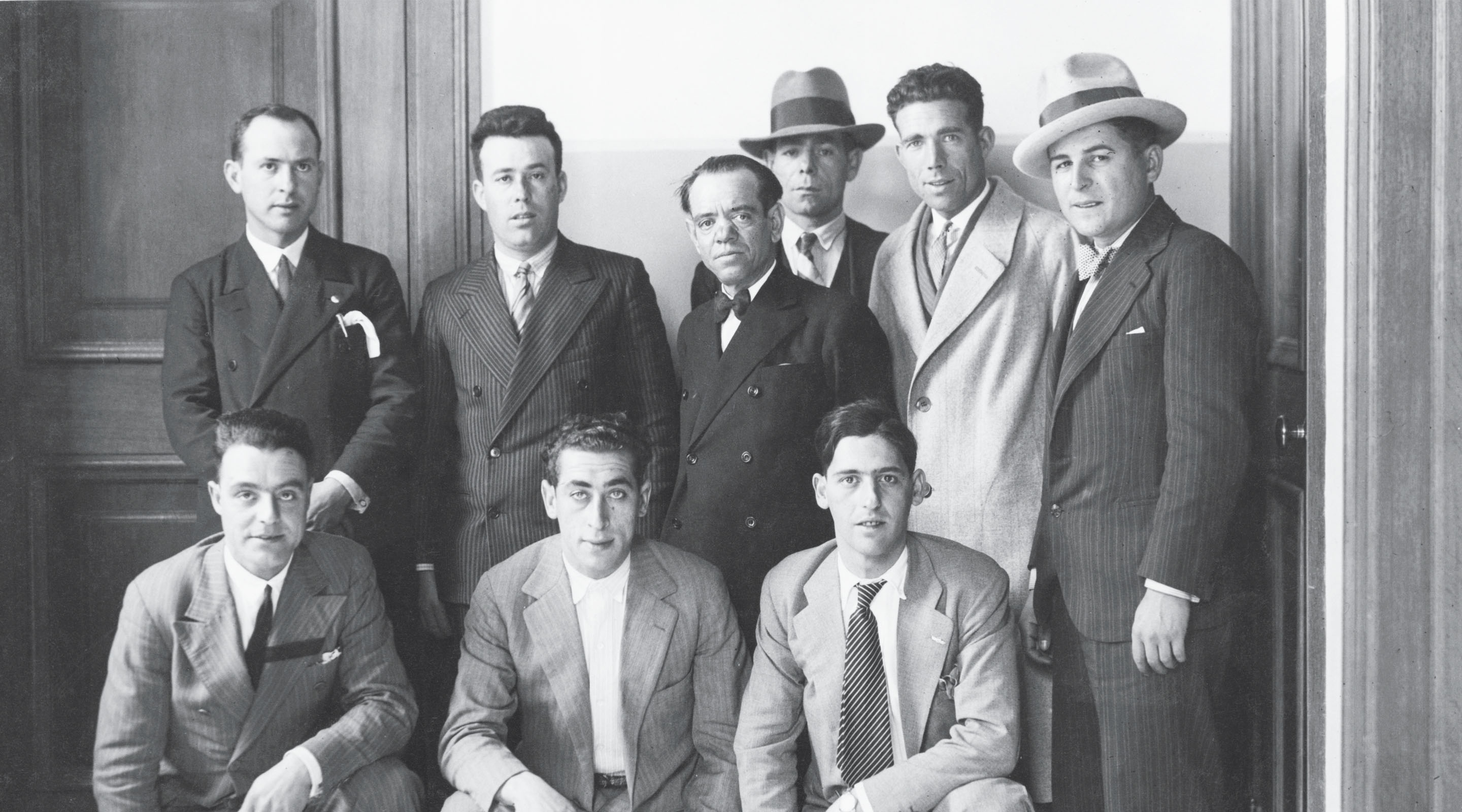
1931
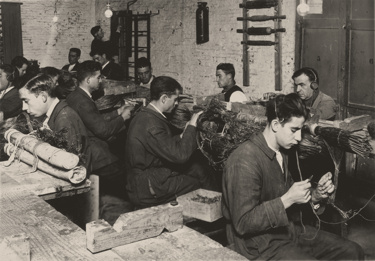
Turbulent times in which the CTNE struggles to maintain the service while its Technical School is gaining prestige and the Canary Islands are fully connected to the mainland.
The Republic and the expropriation scare arrives
01
In the spring of 1931, the Republican parties were victorious, Alfonso XIII went into exile and the Second Republic was proclaimed. The Provisional Government's new Minister of Communications, Diego Martínez Barrio, promotes a bill declaring "illegal and null the awarding of the reorganisation, reform and extension of the telephone service made (...) to CTNE. The annulment of the 1924 legal act was to lead to the expropriation, classified as a public utility, of the telephone network, which it was proposed to temporarily intervene in order to ensure the continuity of the service". This announcement was followed by a period of uncertainty, unrest, debates, criticisms and meetings... which was finally resolved, happily, in December 1932, when we revalidated the contract with the State.
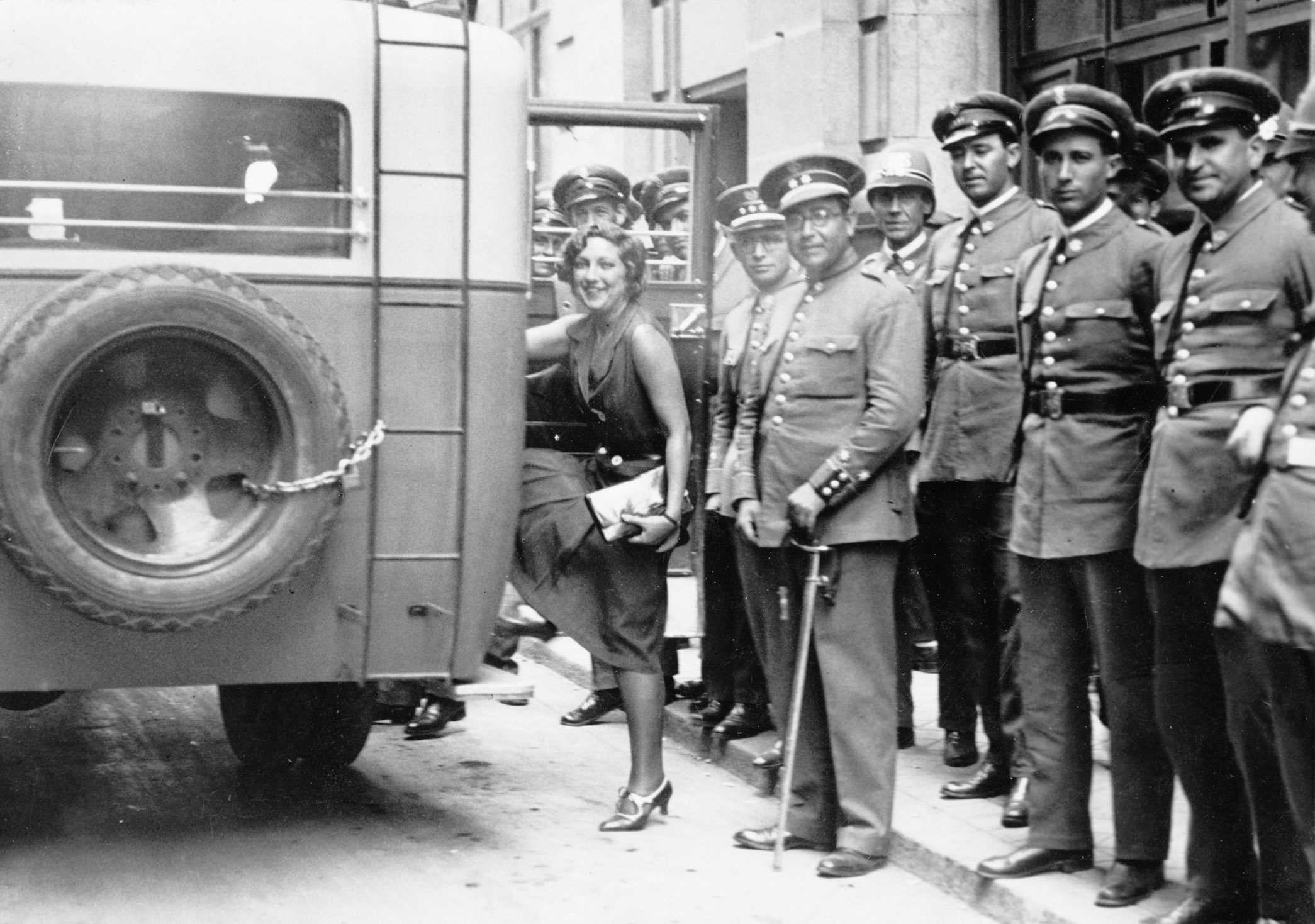
The Canary Islands connects with the rest of the world
02
A highlight of the year was the launch of the radiotelephone link service between Madrid and Tenerife. This island was in turn connected, via submarine cable, to Gran Canaria. Thus, the Canary Islands are now fully connected to the mainland and the rest of the world. The same solution would be implemented in the Balearic Islands, with telephone automation in Palma de Mallorca.
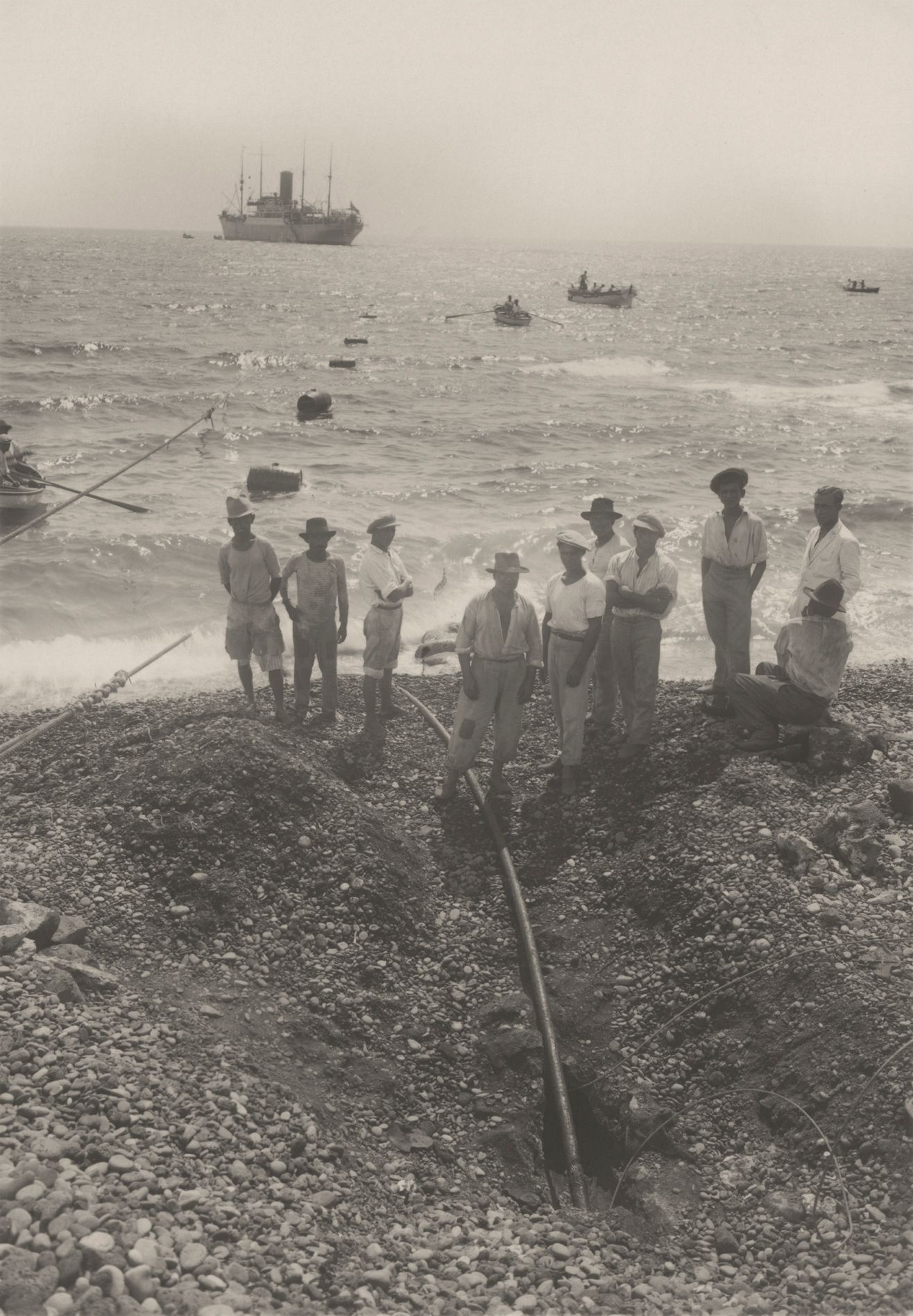
The Escuela de Empalmadores, an international benchmark
03
The prestige of the CNTE Escuela de Empalmadores goes beyond our borders. In 1931, ITT wins the concession for the telephone service in Shanghai (China), which involved burying the cables for the implementation of automatic service. As Spain was a world reference, volunteers were asked for and nine Spanish splicers stepped forward and travelled to China for this mission. Five other splicers did the same shortly after, when ITT won the telephone service concession in Bulgaria that year. Experiences that show not only the high technical skills but also the adventurous and courageous spirit of these volunteers.
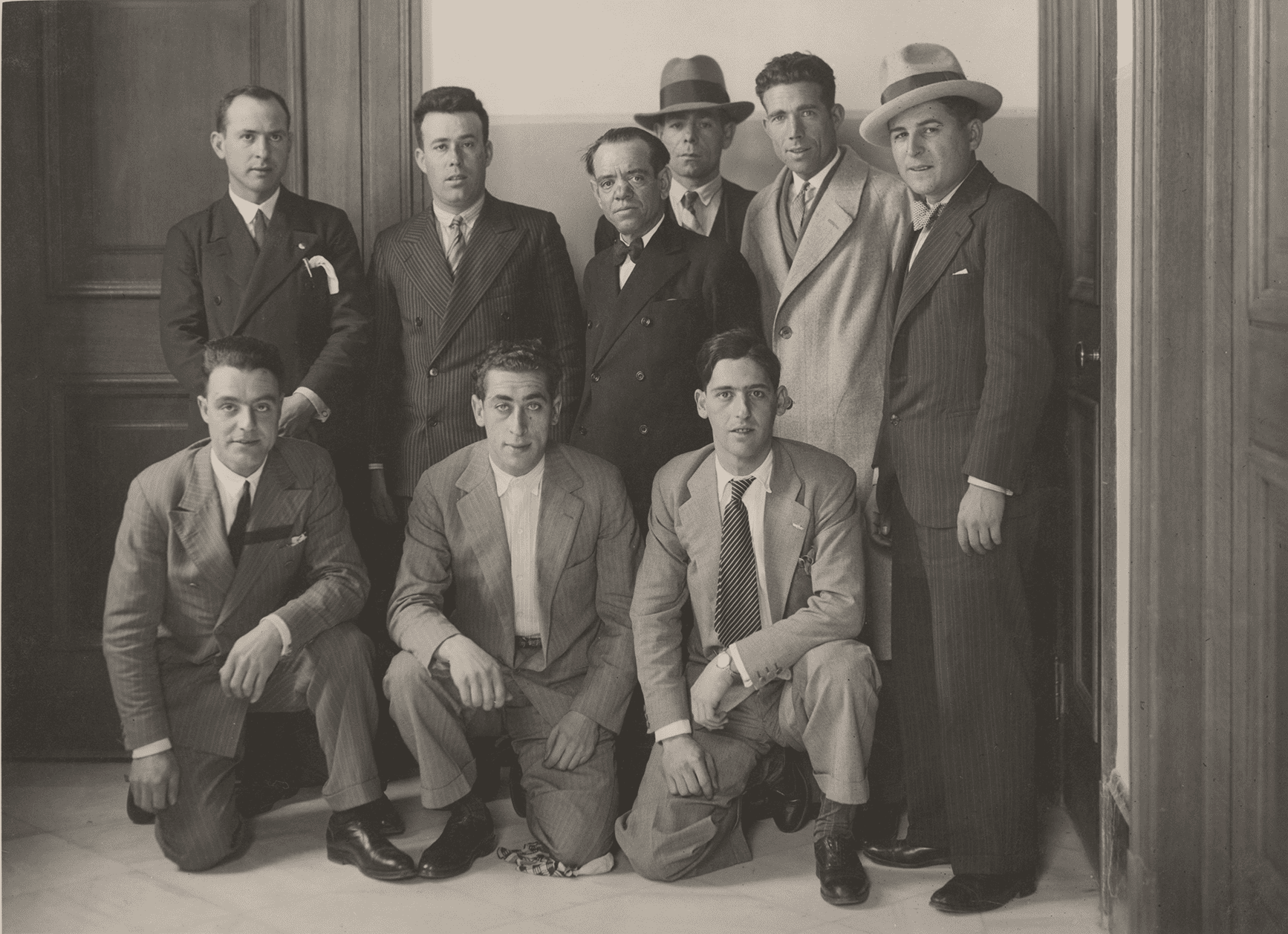
Do you have doubts about what happened?
Ask Aura